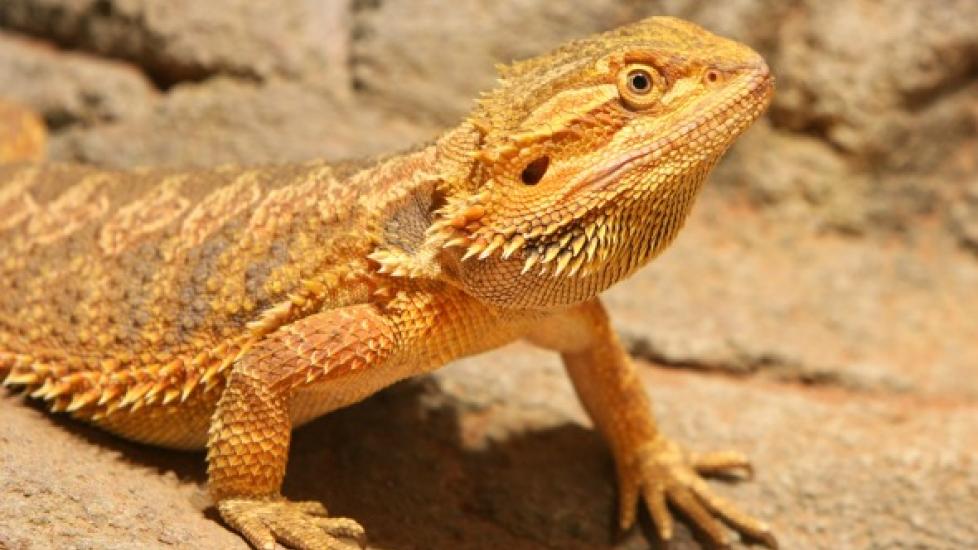Reptile Parasites & Worms in Reptiles
Roundworm, Hookworm, and Pinworm Infections in Reptiles
Intestinal parasites can be a serious problem for all pet reptiles, as many reptiles captured from the wild often already have parasites. Captive-bred reptiles, in particular, become parasitized through contact with other reptiles or contaminated objects and environments, or by eating infected food items. Reptile parasites reproduce rapidly and can cause devastating illness and quickly spread throughout an entire collection.
Worms are one of the most common intestinal parasites. Among reptiles, the most common infections are roundworms (including ascarids), hookworms and pinworms. Lizards, in particular, are likely to contract roundworms.
Symptoms and Types of Reptile Parasites
Reptiles with intestinal parasites frequently have the following symptoms:
- Poor appetite
- Weight loss
- Vomiting or regurgitation
- Abnormal appearing stools
- Diarrhea
Worms may be visible in a reptile’s feces or vomit, but even if worms are not seen, they can certainly still be present within the animal’s body.
The larval forms of some types of intestinal parasites migrate through the lungs and can cause respiratory signs and pneumonia. Death is possible with severe infections, particularly when certain types of microorganisms are involved.
Causes
Reptiles are susceptible to many different species of intestinal parasites. They range from large worms that look like spaghetti to single-celled microorganisms (e.g. Entamoeba, flagellates, coccidia, and Cryptosporidium) that are visible only under the microscope. Low-level parasitism, which causes few clinical signs in the reptile, can quickly escalate when a reptile’s terrarium is not regularly cleaned.
Previously parasite-free reptiles often become infected by ingesting feces containing immature forms of the organism. In some cases, larvae can burrow through the reptile’s skin.
Diagnosis
A veterinarian will often suspect that a pet reptile is suffering from intestinal parasites based on the pet’s medical history, clinical signs, and a physical exam. To determine the types of parasites involved and the best course of treatment, he or she will need to examine a fresh fecal sample under the microscope or send it to a laboratory for testing.
See Also:
[video]
Treatment
Treatment for intestinal parasitism involves the use of anthelmintics or dewormers that kill or help the reptile’s body eliminate the parasites. While some antibiotics or medications are effective against certain types of microscopic parasites, others do not respond well to any treatment. Closely follow the directions on all prescribed medications. In many cases, a second course of treatment is necessary to eliminate the parasite completely.
Living and Management
Regular wellness exams and fecal testing with a veterinarian can prevent the problems associated with intestinal parasites. When parasites cannot be eliminated from a reptile’s environment, deworming on a predetermined schedule may be necessary.
Quarantining new reptiles before introducing them to healthy reptiles for three months (or until they are thoroughly dewormed) is another important step in managing a terrarium.
Prevention
Other than keeping its enclosure clean, a good way to keep your reptile parasite-free (or to keep the number of already found parasites in the reptile low) is to take it to a veterinarian regularly for checkups and de-wormings. Additionally, feeding carnivorous reptiles an exclusive diet of pre-killed frozen prey can help prevent the introduction of new parasites in your reptile(s).
